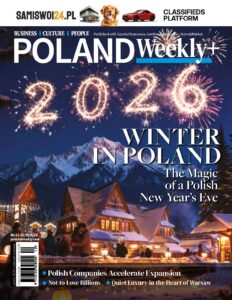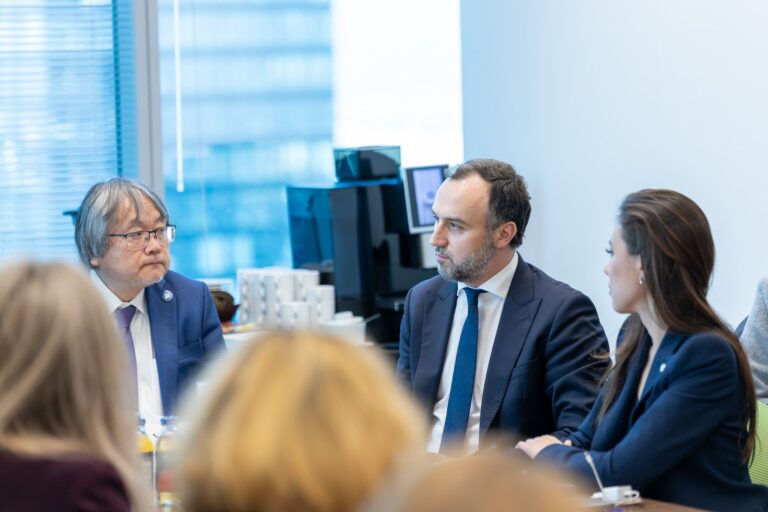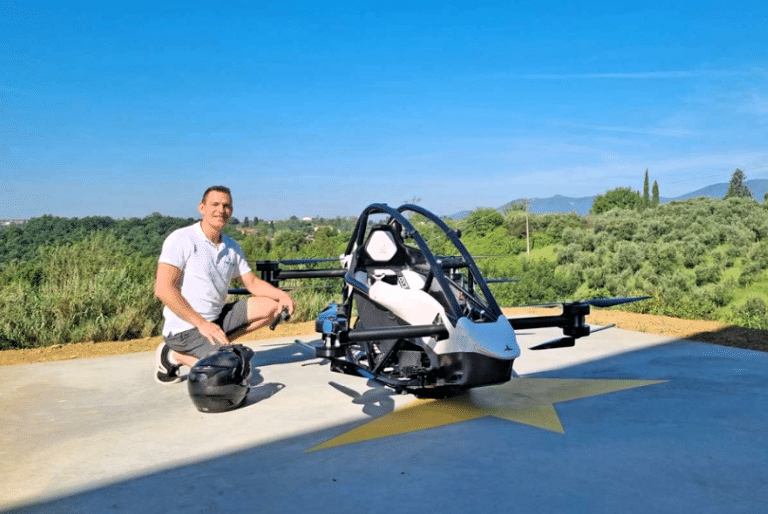Poles’ work-life balance still some way to go
A report by the Polish Economic Institute (PIE) – ‘Work-life balance and flexible forms of work organization’ – shows that Poles work an average of 40.4 hours a week, 3 hours longer than the EU average and 8 hours longer than in the Netherlands, where working hours are the shortest in Europe. At the same time, in Poland, 5% of people work part-time, while the average in the EU is 17%. Poles also work remotely much less often – 13%, against an EU average of 23%.
According to OECD data, the work-life balance indicator in only two EU countries is lower than in Poland. The components of the work-life balance indicator include working hours and time spent on rest, hygiene and self-care. In 2022, Italian employees experienced the best work-life balance (9.4/10 points). Poland scored 6.5 points, which is the third lowest among the included EU countries and 25th out of 41 countries in the ranking. The share of Poles working very long hours was 4.2%, and the number of hours for rest was 14.7 (61% of the day).
The most frequently used solution in Polish enterprises are flexible working hours, indicated by almost half of the surveyed companies (46%). “Almost every other company in Poland offers flexible hours to its employees. In 2023, this was particularly popular among micro and small companies (48% and 42% of responses, respectively, and less so in large enterprises (30%)). Part-time work, like flexible working hours, was used in 2023 more often by micro and small companies (39% and 37% of responses, respectively) than medium and large companies (34% and 29%),” the report notes. In 2023, every third company allowed its employees to work remotely or hybridly. However, 7% of enterprises did not plan to continue this in 2024. The least frequently used form of flexible work is a four-day working week. In 2023, only 1% used it, and in 2024, 2%.
“Flexible forms of work are most often used in companies handling professional, scientific or technical activities, as well as in enterprises in the information and communication industry. Remote work (74% of responses) and flexible working hours (over 60% of responses) are particularly popular in these industries. Remote or hybrid work is often (62%) used by companies operating in finance or insurance,” says Aleksandra Wejt-Knyżewska, an analyst on PIE’s economic foresight team.
On April 26, 2023, an amendment to the Labor Code entered into force, implementing two EU directives: on the work-life balance of parents and guardians and on transparent and predictable working conditions. Due to the short period of operation of the new regulations, it is difficult to indicate the clear economic benefits resulting from thm, but ZUS data show that fathers’ interest in parental leave is growing in Poland. At the beginning of 2023, the percentage of fathers taking parental leave was approximately 1%, and in the third quarter of 2023 it was close to 6%.







